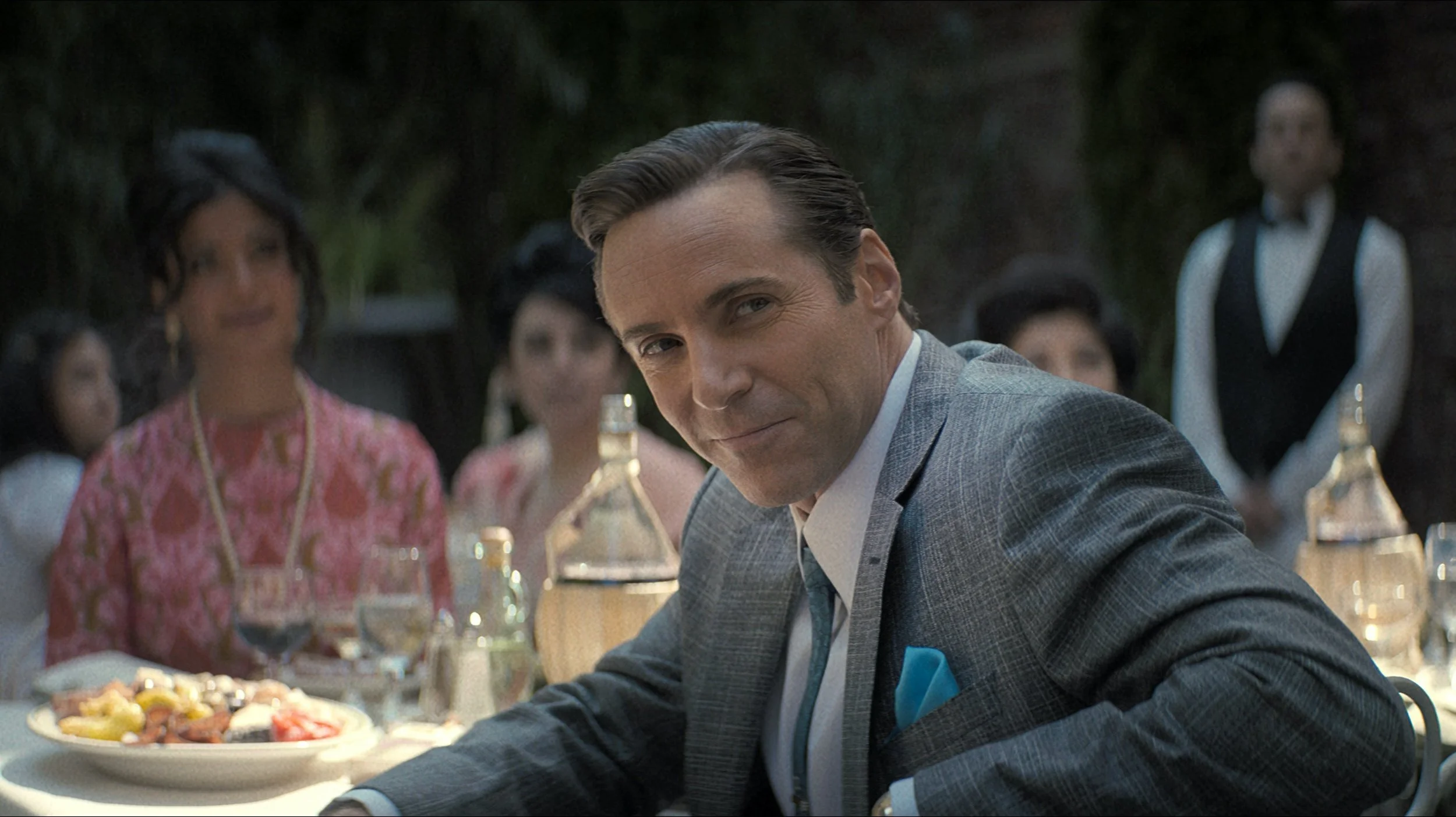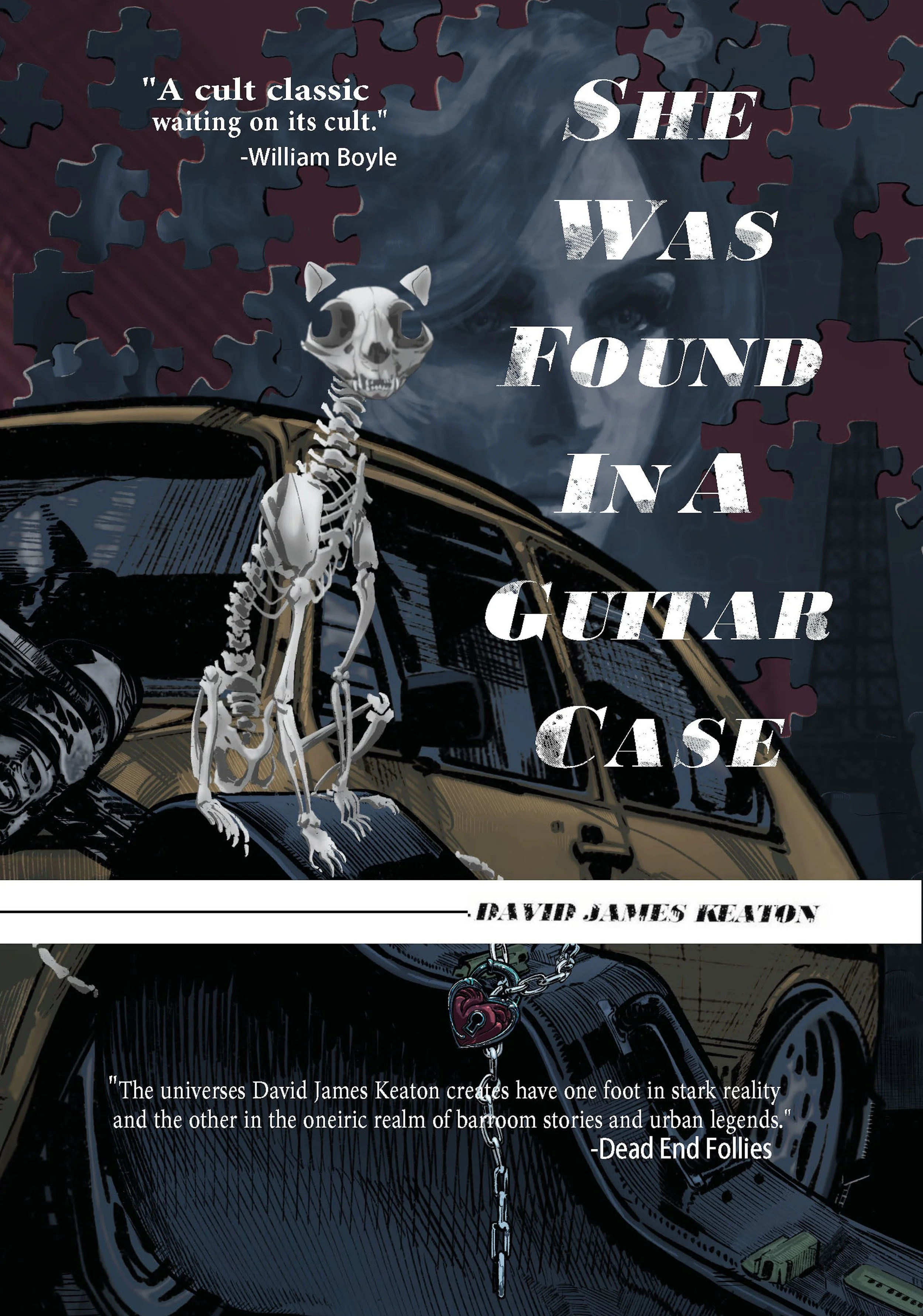Movie Review : The Many Saints of Newark (2021)
Origin stories are usually a false good idea. The prospect of gaining a better understanding of your favourite characters is tantalizing, but a-story-to-contextualize-a-story rarely works. It has to stand on its own merits. Tony Soprano could’ve lived in popular culture for many decades going forward without an origin story. I’ve seen only one season of The Sopranos and I know the characters well enough based on their cultural weight alone. They’re still everywhere.
That is why The Many Saints of Newark works so well. It didn’t need to exist, but it does because it has a killer story to tell.
Set in the late sixties, early seventies, The Many Saints of Newark tells the story of Tony Soprano (played by William Ludwig and James Gandolfini’s own son Michael)’s relationship with his uncle Dickie Moltisanti (Alessandro Nivola). The highly intelligent, sensitive mobster is trying to navigate a period of major changes and social upheaval while holding on to his responsibility, which include guiding young Tony to a life away from criminal activities.
Hemingway done right
To be frank, I was fucking blown away by how good The Many Saints of Newark was. It didn’t need to be good. David Chase and director Alan Taylor could’ve easily created a nostalgic netherworld full of quirky callbacks to the series and call it a day, but they didn’t. They did something different, which incorporates the sacrosanct character we all love. First thing that jumped to me isn’t what is being told, but rather how it’s being told. In terms of tone and narrative technique, this couldn’t be more different.
For example, there is perhaps my favourite shootout scene in recent years about halfway into The Many Saints of Newark. Dickie and Buddha (Joey Diaz) are arguing on the sidewalk when a rival gangster comes in shooting. This scene does two things admirable well: 1) There are huge consequence to the violence from the first second. It’s not just bullets flying and 2) You see the personality of every character involved through how they’re using their weapon.
This is really cool. This is Hemingwayesque storytelling done right. To a certain degree, all these characters are period stereotypes in the way they express themselves but Chase and Taylor give them this scene to express who they really are. Tony’s father Jonny (the always great Jon Bernthal) is a trigger-happy hothead while Dickie’s fear and street smarts are expressed through strategic movement and shooting. It is so freakin’ satisfying to have a movie weighing its own violence like this.
There was no real other way to do this. Although The Sopranos is based on the incongruity of a mobster discussing his feelings with his therapist, people did not discuss their feelings at all then. They just acted upon them and these actions often reflected mountains of pent up frustration and unresolved feelings. The Many Saints of Newark is brilliant because it does not replicate what made The Sopranos good, but it rather explores a world that made it possible.
The Dickie Moltisanti Show
Another creative decision that makes The Many Saints of Newark is that Tony isn’t the main character. Dickie Moltisanti is. Not only it explains the depth of the bond that ties Tony to Christopher in The Sopranos, but it also explains how Dickie became Tony’s de facto conscience. in many ways, The Many Saints of Newark is the story of how living a violent life weighs on a man’s consciousness and Alessandro Nivola’s non verbal acting game really carried the point across.
I rarely discuss the acting when reviewing a movie because I usually discuss what it communicates rather than how it communicates it, but The Many Saints of Newark does both of these things very well. The unlikely casting of Corey Stoll as Junior is another stroke of genius by Alan Taylor. Usually casted in these high self-esteem overachiever roles, Stoll embodies the wrath and the bitterness that consumes Junior. He feels a lot more dangerous than on the show.
*
I went into The Many Saints of Newark on a Saturday morning with no expectations and only vague memories of The Sopranos and it kicked my ass in the best possible way. It doesn’t matter whether you were a fan or you like gangster stories at all (I’m not particularly fond of it), it’s just a solid, incredibly well-told period piece that shines through its creative direction as well as its technical delivery. I’ve been giving wildly high scores as of late, but I’m on a streak of truly great art.







